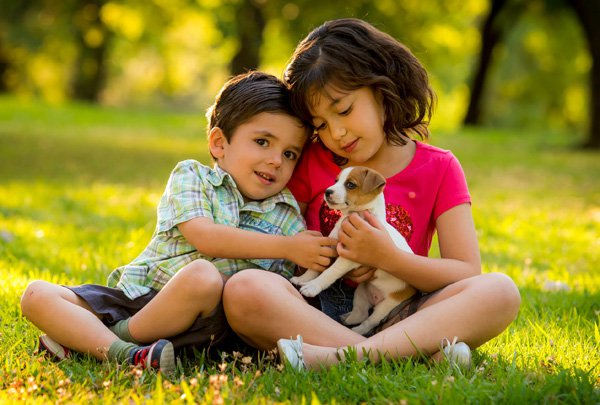Adopting a pet is a wonderful way to save an animal's life and rescue it from the misery of spending its life in a rescue shelter. But most of us refrain from such practices simply because these pets come with checkered past and behavioral challenges such as improper training, being too shy, fearful or aggressive. The key to adopting a right pet is to do your homework and decide what kind of pet you would want starting from the looks to character and whether it would suit your lifestyle.
Here is a classic example of what happens if you do not choose wisely. You go to a rescue shelter and are overwhelmed with love for the goofy eyes, cuddly nature and curly tail and next thing you know- you have a pet inside your house. This is still not something to be wary of until the moment you see the first signs of behavioral damage. Things will get bad as these signs surface. Your new pet maybe afraid of strangers or loud noises or may become overly aggressive and before you know it, the poor guy would be back in some rescue shelter again.
Though it is a common practice to adopt rescue pets and it is in fact a noble act. But very often things do not turn out favorable for either party and these poor pets are once again abandoned. Before you finally adopt a pet keep in mind the temperament and personality that you would want in your pet. Here are some tips on pet adoption that you must keep in mind.
Space Considerations
Your pet will need space both individually and at home. Especially if you found your pet at the back of the shelter curled up in the crate, more space will be needed. These pets may not even feel comfortable being in close proximity to strangers.
Exercise
While everyone needs exercise, some pets need it more than others. Many behavioral problems arise when energy has no outlet and it gets stored inside your pet. Your pets too need physical and mental simulation and ways to release their energy.
Training
A rescue pet may have prior habits that may be difficult to get rid of, but a new environment goes a long way in ensuring new habits and positive training. Very often, many dogs are surrendered or returned to their rescue homes because the owners are not able to deal with the financial responsibility that comes with this new pet. But ideally, you should not wait until the pet shows signs of old habits, start as soon as possible. Use positive reinforcement to train them.
Balance Your Time
Most of the rescue animals will display separation anxiety when left alone. Tis can be overcome by helping your pet get comfortable and allowing them to spend some time alone in the crate. Start with small increments in your time and then balance it when your pet starts getting comfortable.
Research
A reputed rescue agency will always ask you questions and perform a home check. Many of them are protective of their animals and will ensure that the pet finds a suitable home.

 Choosing The Perfect Canine Friend – Pedigree Or Mixed Breed ?
Choosing The Perf
Choosing The Perfect Canine Friend – Pedigree Or Mixed Breed ?
Choosing The Perf
 Mobility Options For Disabled Dogs
Mobility Options
Mobility Options For Disabled Dogs
Mobility Options
 Dealing With A Very Noisy Cat
Dealing With A Ve
Dealing With A Very Noisy Cat
Dealing With A Ve
 Can Dogs Eat Cheese?
Can Dogs Eat Chee
Can Dogs Eat Cheese?
Can Dogs Eat Chee
 How to Safely Travel With Your Pets
How to Safely Travel With Your Pets
Planning a
How to Safely Travel With Your Pets
How to Safely Travel With Your Pets
Planning a